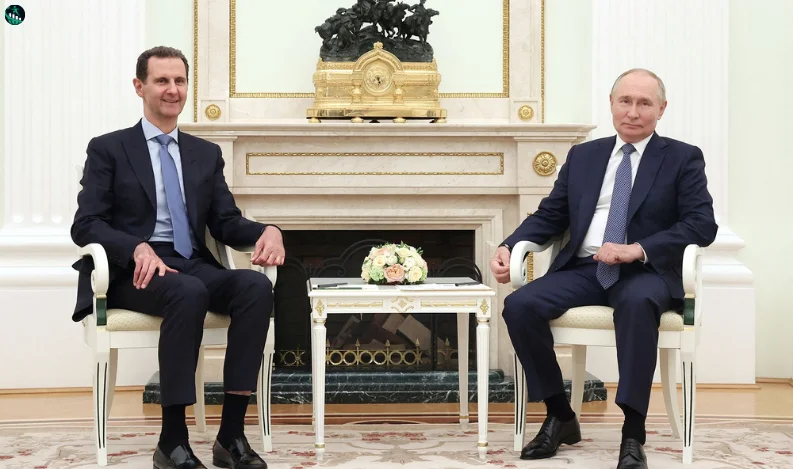
Russia Faces Major Blow as Assad Regime Falls, Threatening Tartus Naval Base
The fall of Syria's Assad regime marks a significant setback for Russia, jeopardizing its access to the Mediterranean naval base in Tartus, a critical strategic asset. This development not only impacts Moscow's foreign policy but also poses challenges to its naval operations and global power projection.
Tartus Naval Base: A Strategic Asset
Russia has relied on the Tartus naval base since 2013, using it to support its Mediterranean fleet. The facility has been essential for servicing and replenishing medium-sized warships, enabling extended operations in the region. Tartus also played a role in shadowing NATO forces and challenging Western dominance in the Mediterranean.
The departure of Russian warships from Tartus last week underscores the uncertainty surrounding the base's future. While the Kremlin is likely negotiating with the new rulers in Damascus to retain access, the situation appears precarious.
Implications of Losing Tartus
-
Naval Operations
Without Tartus, Russia's Mediterranean fleet would need to undertake lengthy and potentially humiliating journeys back to home bases or secure alternative temporary facilities. -
Geopolitical Influence
The loss would diminish Russia’s presence in the Mediterranean and Middle East, reducing its ability to project power and influence in these critical regions. -
Logistical Challenges
The closure of the Turkish Straits under the Montreux Convention already limits Russia's naval mobility between the Black Sea and the Mediterranean. Losing Tartus would exacerbate logistical difficulties and hinder Moscow’s ability to deploy and sustain naval forces. -
Economic Impact
The loss of naval power could affect the security of Russia's commercial shipping, particularly as Western sanctions force Moscow to rely more on its merchant marine fleet.
Symbolic and Strategic Setbacks
The fall of Tartus threatens to erode Russia's credibility as a global power, already weakened by setbacks to its Black Sea fleet during the ongoing conflict in Ukraine. The inability to rescue Assad’s regime raises doubts about Moscow's reliability as an ally, potentially impacting its influence in regions like Africa, Asia, and South America.
Broader Consequences
While the loss of Tartus is unlikely to halt Russia’s military campaigns, it represents a blow to its strategic aspirations. Naval forces are vital for protecting global supply chains and asserting dominance on the world stage. This setback could limit Russia’s ability to operate effectively in global conflicts and support allied regimes.
Future Outlook
As Moscow navigates this crisis, it will need to reassess its Mediterranean strategy and explore alternatives for maintaining a presence in the region. However, the loss of Tartus highlights the growing challenges Russia faces in sustaining its great-power status amid mounting geopolitical pressures.
The fall of the Assad regime and the potential loss of Tartus mark a turning point in Russia’s foreign policy, with implications for its global standing and operational capabilities.



Recent Comments: